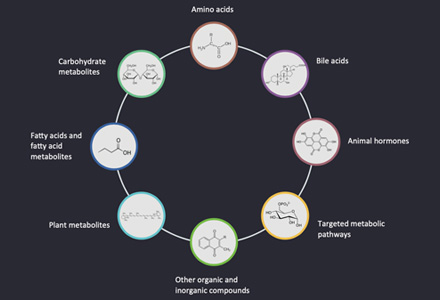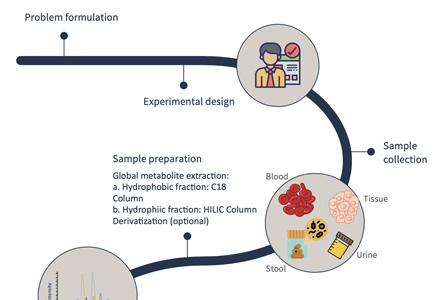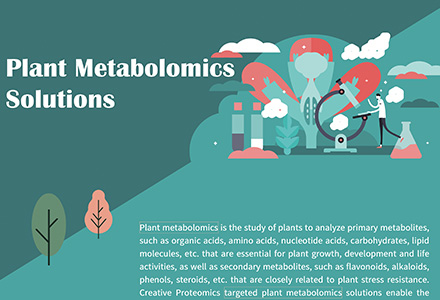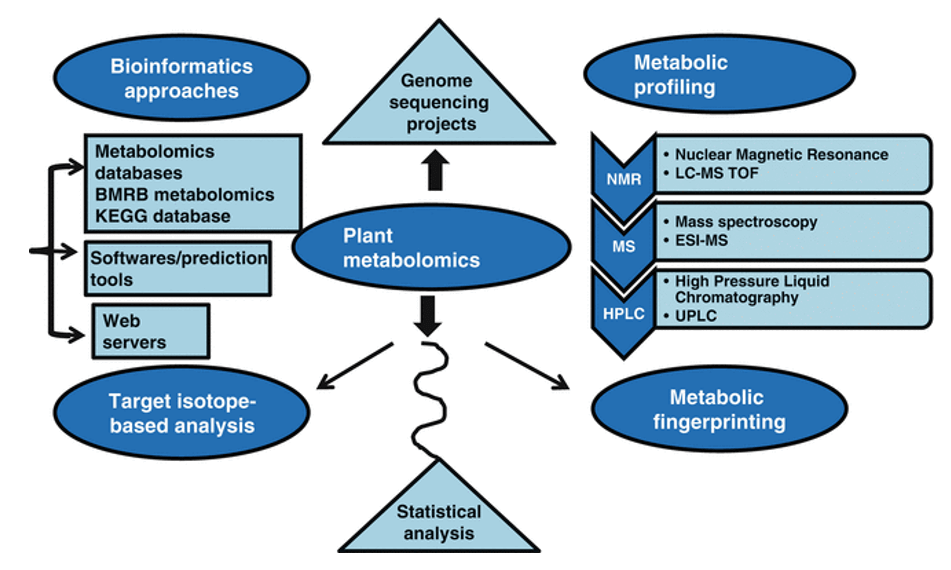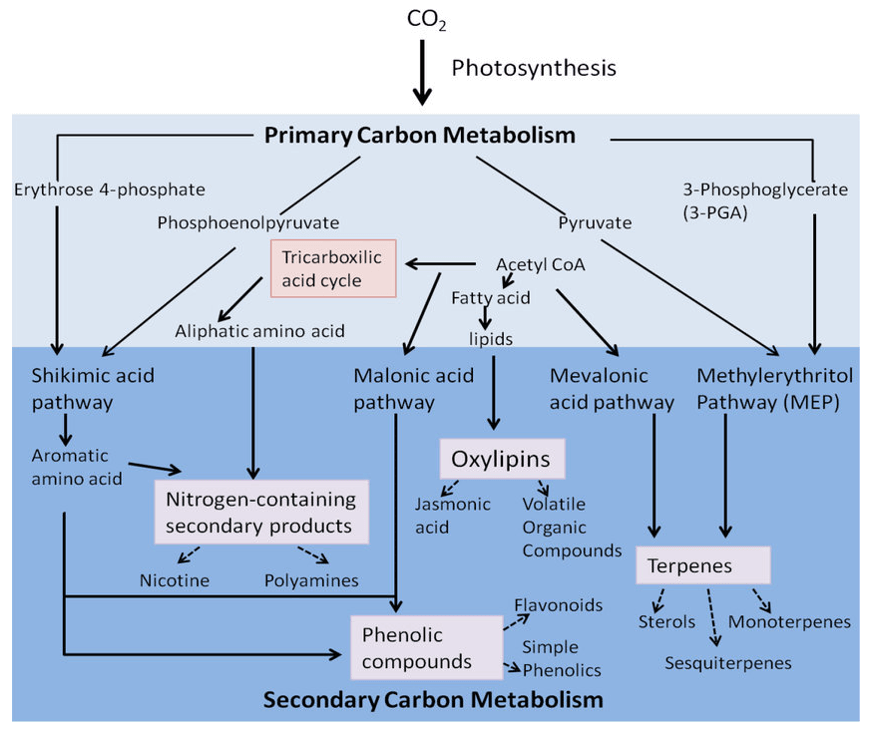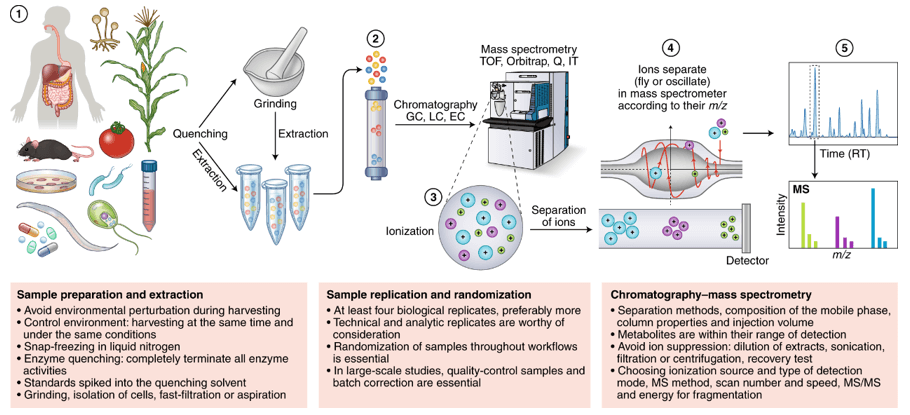Vitamin K Analysis Service
Submit Your InquiryOverview
Vitamin K is a low-molecular-weight fat-soluble vitamin that is indispensable for maintaining normal human metabolism and certain special physiological functions. It participates in human bone metabolism and cell growth. It is an essential substance for the synthesis of prothrombin in the liver. It has a hemostatic function. Deficiency can cause coagulation disorders. Natural Vitamin K can be divided into two types: Vitamin K1 and Vitamin K2. Vitamin K is widely used in food, medicine, microbial cultivation, biological fermentation and other fields, especially in the food additive industry. Liquid chromatography tandem mass spectrometry has the advantages of high-efficiency separation ability, short analysis time, high resolution and sensitivity. We use UPLC-MS/MS to determine protein vitamins, and optimize the ratio of mobile phase to obtain better separation results, in order to provide technical support for the detection, application and supervision of Vitamin K.
 Figure 1. Intestinal absorption of dietary phylloquinone (K1) and MK-7. (Shearer 2012).
Figure 1. Intestinal absorption of dietary phylloquinone (K1) and MK-7. (Shearer 2012).
Applications of Vitamin K Analysis
- Vitamin K analysis application
- Identification and content determination of Vitamin K isomers
- Enhance the mode of action of Vitamin K active molecules
- Ensure the quality and safety of food nutritional additives
- Nutritional research and development of health care products
Advantages of Our Vitamin K Analysis Service
Service Workflow
We adopt electrospray ionization source, positive ion scanning, and multi-reaction monitoring mode for quantitative detection, simplify the analysis process and shorten the analysis circumference, which can realize the detection requirements of low-content samples and obtain more scientific and accurate analysis reports.
 Figure 2. Vitamin K analysis service workflow.
Figure 2. Vitamin K analysis service workflow.
Detection method: UPLC-MS/MS
Injection volume: 2ul
Flow rate: 0.20ml/min
Mobile phase: 0.1% (V/V) formic acid methanol solution (containing 10mmol/l ammonium formate)
Ion source: electrospray ionization (ESI) source
Scanning method: positive ion scan
Detection method: multiple reaction monitoring (MRM) mode
Spray voltage: 4500V
Standard recovery rate: 81.5%-114.8%
Detection limit: 0.026-1.109mg/kg
Limit of quantification: 0.085-3.696mg/kg,
Analysis content:
- Construction of standard curve
- Choice of mobile phase
- Setting of mass spectrometer parameters
- Optimization of mass spectrometry conditions
- Investigation of linear range and detection limit
- Recovery rate and precision analysis
- Detection limit investigation and analysis
- UPLC-MS/MS chromatogram and data collection
- Analysis of Vitamin K and its derivatives
Sample Preparation
- Serum/plasma: 50ul/sample
- Urine: 50µl/sample
- Bile: 10ul/sample
- Tissue: 50mg/sample
- Fresh stool: 50mg/sample
- Freeze-dried stool: 5mg/sample
- Cell: 4×106/sample
- Sample storage and transportation: Store in liquid nitrogen or -80°C, and transport on dry ice.
Number of biological replicates: At least 6 biological replicates for plant samples, and at least 10 biological replicates for animal samples.
Delivery
- Complete experimental steps
- Sample pretreatment and purification analysis
- UPLC-MS/MS spectrum raw image and data analysis report
- Identification and content determination of Vitamin K and its isomers
- Customized analysis report
UPLC-MS/MS can realize high-sensitivity identification and quantitative determination of Vitamin K and its various isomers, which has a wide linear range, good precision and accuracy, and fast analysis time. Creative Proteomics has a comprehensive solution that can meet your needs for multiple sample types and customized services.
References
- Shearer M J, Fu X, Booth S L. Vitamin K nutrition, metabolism, and requirements: current concepts and future research. Advances in Nutrition. 2012;3(2):182-195.
- Yuan T F, Wang S T, Li Y. Quantification of menadione from plasma and urine by a novel cysteamine-derivatization based UPLC-MS/MS method. Journal of Chromatography. B, Analytical Technologies in the Biomedical and Life Sciences/em>. 2017;1063:107-111.


